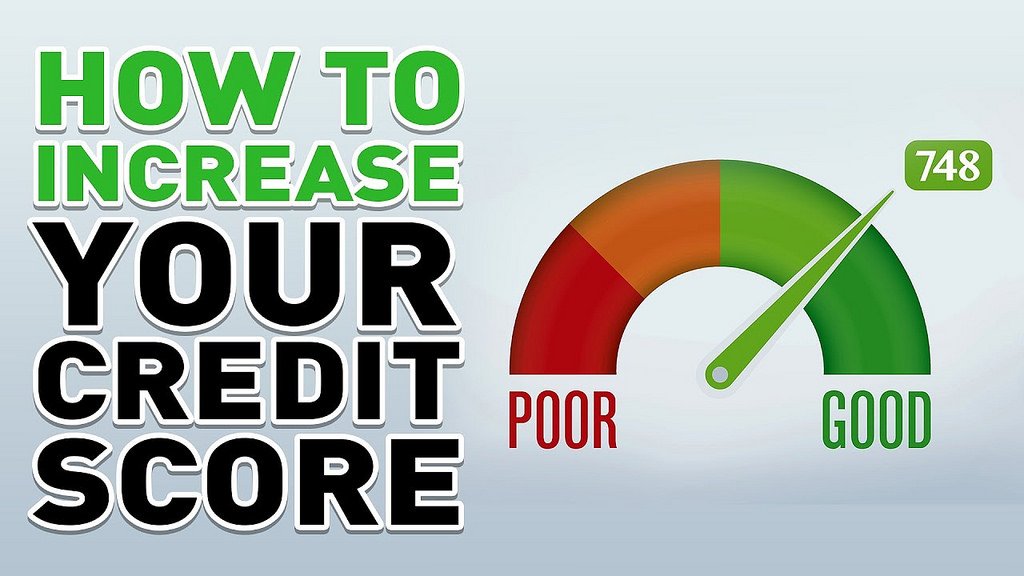
Credit scores are the grades of your financial viability. Having a high score makes money management and planning easier. A low score, however, means that buying a car or house will be difficult. If you have bad credit, there are simple things you can do to raise your score and improve your financial outlook.
1. Never Miss a Payment
Your payment history is the most important factor when calculating your credit score. It makes up 35% of the formula. Because of this, you must ensure you are making all your minimum credit card payments on time. Better yet, pay more than the minimum to get your debt down faster.
Often, missing a payment is just a matter of forgetting a due date. The best thing to do is to either set up automatic payments with the credit card or set up automatic bill payments with your bank. This set-it-and-forget method will ensure that you are always making the minimum payment and never missing a deadline.
2. Lower Your Balances
The debt you owe is the next critical determinant of your credit score, making up 30% of the calculation. Reducing the amount you owe boosts your score because a lender sees that you can responsibly handle credit and repay on time. It reduces your risk as a borrower in the eyes of a lender.
You don’t have to pay off a credit card fully to see an improvement. Even decreasing the balance by 10 percent will shoot up your score. Paying down the balance goes hand in hand with making payments on time and sending more than the minimum required. If you make that a habit, your credit balance will decrease faster.
3. Negotiate Reduced Interest Rates
Another route to take to improve your score is to negotiate lower credit card interest rates. When your interest is too high, most of your monthly payment goes toward interest instead of the principal. With a lower interest rate, you can pay down your balance faster.
Begin with the credit card you’ve had the longest. Ideally, this should be a card you’ve always paid on time. Call the company and ask for a rate reduction while reminding them of your history of on-time payments and ongoing patronage.
Usually, the request is approved, but if not, try again in a few months. Another option is to ask for a temporary rate reduction anywhere from three to 12 months. Even a temporarily lowered interest rate will help you pay down debt and improve your credit score.
4. Open New Credit Accounts
Requesting more debt may sound counterintuitive when trying to improve your credit score, but it can help. Your debt-to-income ratio is part of the calculation of your score. When you open a new credit line, the money available to you increases. If you don’t touch that money, your debt-to-income ratio improves. Lenders have thresholds for what that ratio should be. Using this tactic can help you get over that threshold and improve your score.
One thing to keep in mind is that new credit inquiries can hurt your credit score because they account for 10% of the calculation of your score. A credit inquiry will ding your score initially, but the increased balance will help you in the long run. Just make sure you don’t apply for too many new accounts at once.
5. Dispute Mistakes on Your Credit Report
These steps are moot if there is an error on your credit report lowering your score. Make sure to monitor your credit monthly on Experian, TransUnion, and Equifax. These are the main credit bureaus that lenders rely on for credit history. With a check credit score mentality, you can get accounts that don’t belong to you removed and stop any fraudulent activity in your name. Unfortunately, credit fraud is common these days, but catching it early on is the key.
With patience and a plan, a low score can turn into a high score in no time. The most important thing is to be on time with payments and map out ways to lower your balances. Stay on top of your report and track the upward swing of your score, which will motivate you to keep improving and reaching your financial goals.

